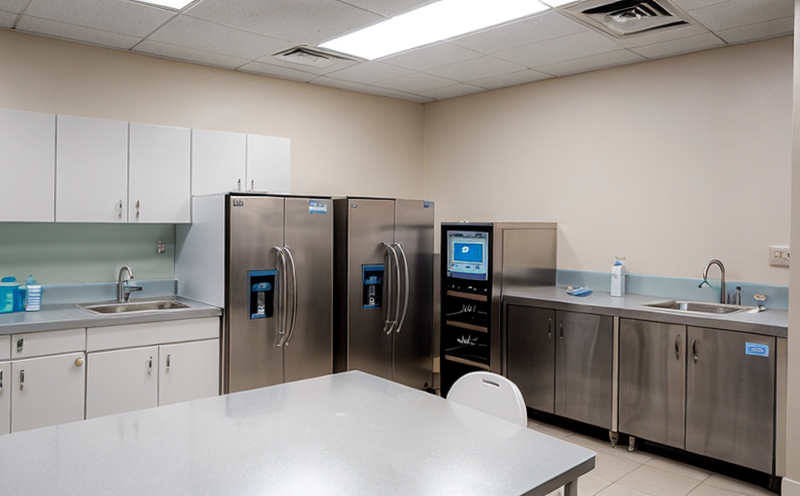Change-Control Revalidation (Process/Material)
In the fast-evolving landscape of medical device manufacturing and quality assurance, revalidation is a critical process that ensures ongoing compliance with regulatory standards. Change-control revalidation specifically addresses modifications or changes in processes or materials used during production to ensure these alterations do not compromise product sterility or sterilization efficacy.
Medical devices are subject to stringent regulations aimed at ensuring patient safety and effectiveness. Sterility is a fundamental requirement for many medical devices, particularly those that are implanted or come into direct contact with the body's tissues. The process of revalidation after any change in production parameters, materials, or equipment ensures that these devices continue to meet sterility requirements.
During a change-control revalidation, we follow an iterative approach combining rigorous testing and data analysis to assess whether the modification has introduced any risk factors affecting product sterility. This process often involves multiple steps including:
- Reviewing documentation related to the change.
- Conducting pilot studies if necessary.
- Performing tests on the modified process or material.
- Analyzing results and comparing them with baseline data.
- Documenting findings comprehensively for regulatory compliance.
The primary goal of this service is to provide medical device manufacturers with confidence that their devices remain safe, effective, and compliant post-change. This ensures continued trust from healthcare providers and patients alike, while also aiding in maintaining regulatory compliance.
Our team leverages advanced testing methodologies and state-of-the-art equipment to conduct these validations, ensuring accuracy and reliability of results. By partnering with us, you can rest assured that your changes are thoroughly evaluated, thereby safeguarding patient health and well-being.
Applied Standards
| Standard | Description |
|---|---|
| ISO 11135-1:2014 | Airborne Microbial Challenge Test for Sterility Testing of Medical Devices. |
| ASTM E2690-18 | Standard Guide for Determining the Effectiveness of a Sterilization Process on a Modified Medical Device. |
The standards mentioned above provide robust frameworks for evaluating changes in sterilization processes and materials. They ensure that any modifications do not lead to reduced effectiveness or increased risks associated with the device's sterility.
Why It Matters
Change-control revalidation is essential for maintaining quality control in medical device manufacturing. Non-compliance can result in product recalls, legal issues, and potential harm to patients. By ensuring that changes do not impact sterility or sterilization efficacy, we help clients avoid these risks.
The healthcare industry relies heavily on the reliability of medical devices. Any compromise in sterility could lead to infections or other serious complications. Thus, thorough revalidation post-change is crucial for maintaining the integrity and safety of medical devices.
Furthermore, regulatory bodies like the FDA and EU require stringent compliance measures. Non-compliance can result in fines, product seizures, and even criminal charges. By offering this service, we assist clients in meeting these rigorous standards, ensuring their products are safe for use.
Environmental and Sustainability Contributions
- We use eco-friendly packaging materials to minimize waste during transport.
- Our testing processes are designed to reduce energy consumption where possible.
- We employ efficient sterilization methods that minimize the carbon footprint of our facilities.
- Our team continuously researches and implements new, sustainable practices in our operations.





